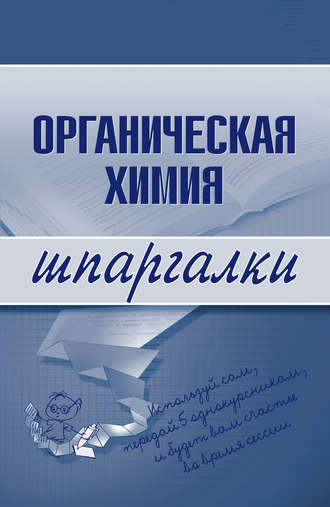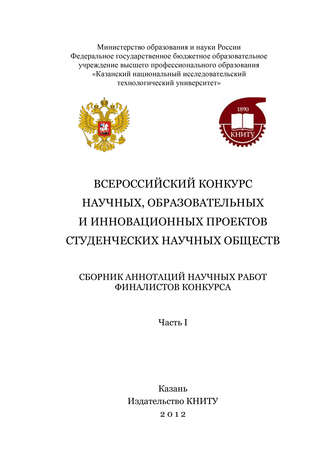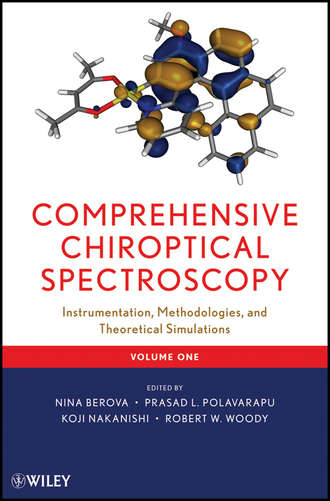Orbital Interactions in Chemistry
2.55 из 5, отдано 19 голосов

Thomas A. Albright
Explains the underlying structure that unites all disciplines in chemistry Now in its second edition, this book explores organic, organometallic, inorganic, solid state, and materials chemistry, demonstrating how common molecular orbital situations arise throughout the whole chemical spectrum. The authors explore the relationships that enable readers to grasp the theory that underlies and connects traditional fields of study within chemistry, thereby providing a conceptual framework with which to think about chemical structure and reactivity problems. Orbital Interactions in Chemistry begins by developing models and reviewing molecular orbital theory. Next, the book explores orbitals in the organic-main group as well as in solids. Lastly, the book examines orbital interaction patterns that occur in inorganic–organometallic fields as well as cluster chemistry, surface chemistry, and magnetism in solids. This Second Edition has been thoroughly revised and updated with new discoveries and computational tools since the publication of the first edition more than twenty-five years ago. Among the new content, readers will find: Two new chapters dedicated to surface science and magnetic properties Additional examples of quantum calculations, focusing on inorganic and organometallic chemistry Expanded treatment of group theory New results from photoelectron spectroscopy Each section ends with a set of problems, enabling readers to test their grasp of new concepts as they progress through the text. Solutions are available on the book's ftp site. Orbital Interactions in Chemistry is written for both researchers and students in organic, inorganic, solid state, materials, and computational chemistry. All readers will discover the underlying structure that unites all disciplines in chemistry.Категория: общая химия
ISBN: 9781118558218
Правообладатель: John Wiley & Sons Limited
Легальная стоимость: 19692.88 руб.
Ограничение по возрасту: 0+




Комментарии ():